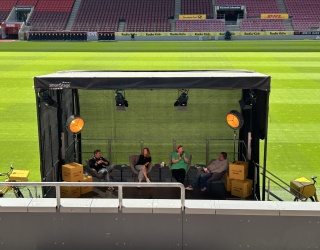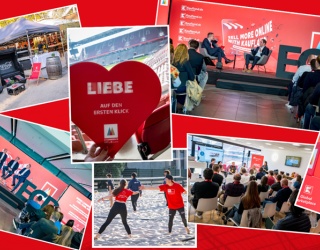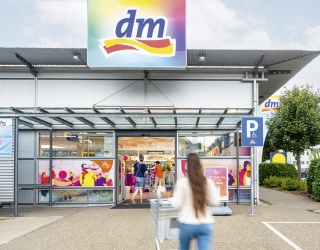
Making time-limited offers is a common retail pricing strategy. Examples include the doorstep seller who claims that they are currently 'in the area' but will not be returning; the telephone seller who makes a 'special offer' that can be accepted only during that phone call; the internet site that offers a buy-now discount; and the seller of a used car who claims that another buyer has shown great interest in it and will be returning shortly.
Because these offers deter consumers from searching for lower prices, they reduce competition between firms, and can lead to increases in market prices. Economists who have studied time-limited offers have usually assumed that consumers are highly rational. Prof Robert Sugden and Dr Mengjie Wang from the University of East Anglia (UEA) in the UK and Prof Daniel Zizzo at the University of Queensland in Australia investigated whether the tendency for consumers to accept time-limited offers is intensified by behavioural factors.
Why do consumers accept time-limited offers?
Publishing their findings in the Journal of Economic Behavior and Organization, the authors conclude that risk aversion is the main factor behind consumers' tendency to accept time-limited offers. Thinking about whether to accept a time-limited offer evokes particularly intense aversion to risk, and the longer a person has to think about this decision, the more strongly this effect kicks in. Dr Wang, of UEA's Centre for Behavioural and Experimental Social Science and School of Economics, said: "There are a number of psychological reasons for expecting consumers' choices to be biased in favour of time-limited offers. A decision to accept or reject a time-limited offer may be made under time pressure, and consumers may respond to this pressure by using rules of thumb that favour the choice of time-limited offers.
Method of avoiding regret
"Accepting a time-limited offer is less risky than continuing to search for a better price, and it is known that most people prefer to avoid risk even in decisions that involve very small stakes. The search-deterring effects of time-limited offers are intensified by psychological factors, particularly when consumers are not subject to high time pressure. "A consumer who rejects the offer and continues to search may find that the rejected offer was in fact the best available, and this may induce painful feelings of regret. Choosing the offer and terminating the search process can be a method of avoiding regret."
Experiment with 200 participants
The team conducted an experiment in which about 200 participants were required to buy a specific good and faced a sequence of offers with different prices, one of which might be time-limited. These price search problems were matched with choices between lotteries, to test whether consumers were particularly averse to the risks involved in rejecting time-limited offers. They found no evidence that the tendency for consumers to choose time-limited offers was intensified by desires to avoid regret. Surprisingly, offers were actually less likely to be chosen when time pressure was high than when it was low: increasing the period during which a time-limited offer was available from four to 12 seconds increased the probability that the time-limited offer was chosen by 13 per cent. However, decisions about accepting or rejecting time-limited offers were very risk-averse, and more so than equivalent choices between certainties and lotteries. Prof Sugden said: "Our results suggest that the main reason why a firm can benefit by making time-limited offers is not that consumers make less rational decisions under time pressure. It is that this is a way of preventing consumers from comparing the firm's offer with other offers in the market."









